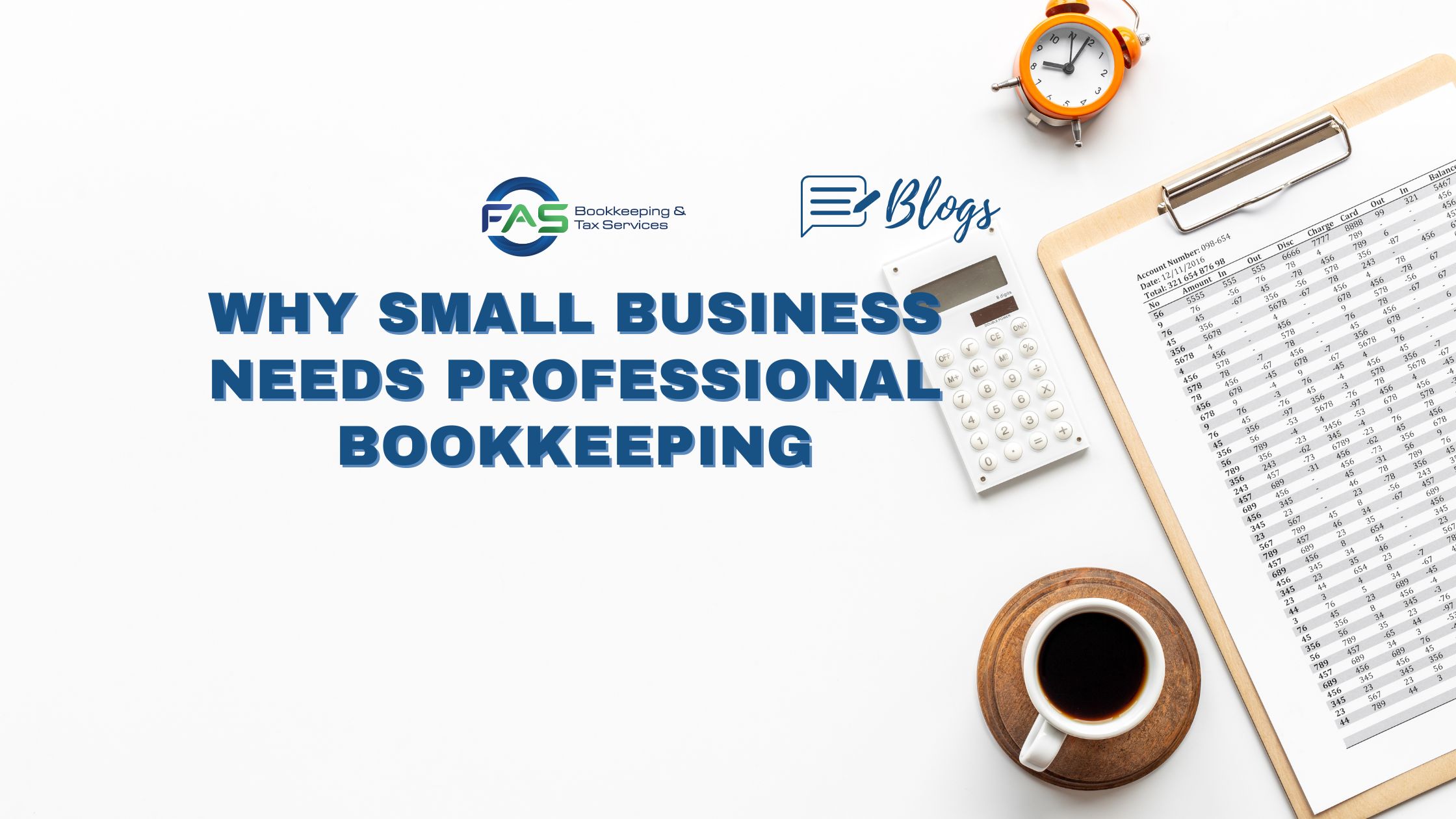While taking money out of a retirement fund before age 59 1/2 is usually not recommended, in certain cases, it may be unavoidable, especially during times of economic crisis. If you need cash and have a retirement fund you can tap, here’s what you need to know.
Background
When retirement plans such as the 401(k) were introduced, company pensions were still the norm. Today, however, very few companies offer pensions anymore and most people rely entirely on social security and whatever savings they’ve accumulated in their retirement account to get them through their golden years.
For many people, retirement accounts are their most significant source of cash, but because they were created to help you save money for your retirement years, withdrawals before retirement age (59 1/2) are discouraged. In fact, early withdrawals from traditional and Roth IRAs are subject to an additional 10 percent tax, unless an exception applies. Exceptions to the additional 10 percent tax apply for early distributions include the following:
- Beneficiary or estate on account of the IRA owner’s death
- Totally and permanently disabled
- Distributions made as part of a series of substantially equal periodic payments for your life (or life expectancy) or the joint lives (or joint life expectancies) of you and your designated beneficiary
- Qualified first-time homebuyer
- Qualified expenses for higher education
- Medical insurance premiums paid while unemployed
- Unreimbursed medical expenses that are not more than a certain percentage of your adjusted gross income
- Distributions due to an IRS levy of the IRA under section 6331 of the Code
- A qualified reservist distribution, or
- A qualified disaster distribution (certain rules apply)
Relief Under the CARES Act of 2020
Due to the coronavirus pandemic, there is additional relief for taxpayers experiencing economic hardships. The Coronavirus Aid, Relief, and Economic Security (CARES) Act helps eligible taxpayers in need by providing favorable tax treatment for withdrawals from retirement plans and IRAs and allowing certain retirement plans to offer expanded loan options.
Coronavirus-related withdrawals or loans can only be made to an individual (or the individual’s spouse) if they are diagnosed with the virus SARS-CoV-2 or with COVID-19 by a test approved by the Centers for Disease Control and Prevention or a test authorized under the Federal Food, Drug, and Cosmetics Act.
The individual must also experience adverse financial consequences as a result of the following conditions:
Quarantine. The individual, individual’s spouse or a member of the individual’s household (someone who shares the principal residence) is quarantined, furloughed, laid off, has work hours reduced, is unable to work due to lack of childcare, has a reduction in pay (or self-employment income), or has a job offer rescinded or start date for a job delayed, due to COVID-19.
Business closures or reduced hours. Closing or reducing hours of a business owned or operated by the individual, the individual’s spouse, or a member of the individual’s household, due to COVID-19.
Coronavirus-related Withdrawals from Retirement Accounts
Under the CARES Act, individuals eligible for coronavirus-related relief may be able to withdraw up to $100,000 from IRAs or workplace retirement plans before Dec. 31, 2020, if their plans allow. In addition to IRAs, this relief applies to 401(k) plans, 403(b) plans, profit-sharing plans, and others.
Coronavirus-related Loans from Retirement Accounts
Loans are not available from an IRA. Individuals who were eligible to take coronavirus-related withdrawals until September 22, 2020, were able to borrow as much as $100,000 (up from $50,000) from a workplace retirement plan if their plan allows.
For eligible individuals, plan administrators can suspend, for up to one year, plan loan repayments due on or after March 27, 2020, and before January 1, 2021. A suspended loan is subject to interest during the suspension period, and the term of the loan may be extended to account for the suspension period. Taxpayers should check with their plan administrator to see if their plan offers these expanded loan options and for more details about these options.
Tax Treatment of Coronavirus-related Withdrawals
The distributions generally are included in income ratably over a three-year period, starting with the year in which you receive your distribution. For example, if you receive a $12,000 coronavirus-related distribution in 2020, you would report $4,000 in income on your federal income tax return for each of 2020, 2021, and 2022. However, you have the option of including the entire distribution in your income for the year of the distribution.
In summary, coronavirus-related distributions:
- May be included in taxable income either over a three-year period (one-third each year) or in the year taken, at the individual’s option.
- Are not subject to the 10 percent additional tax on early distributions that would otherwise apply to most withdrawals before age 59 1/2,
- Are not subject to mandatory tax withholding, and
- May be repaid to an IRA or workplace retirement plan within three years.
Questions?
Before withdrawing funds from a retirement account please call the office and speak to a tax professional. While you may be able to minimize or avoid the 10 percent penalty tax using one of the exceptions listed above including those under the Cares Act, remember that you are still liable for any regular income tax that’s owed on the funds that you’ve withdrawn and you may be liable for more tax than you anticipated when filing future tax returns.




